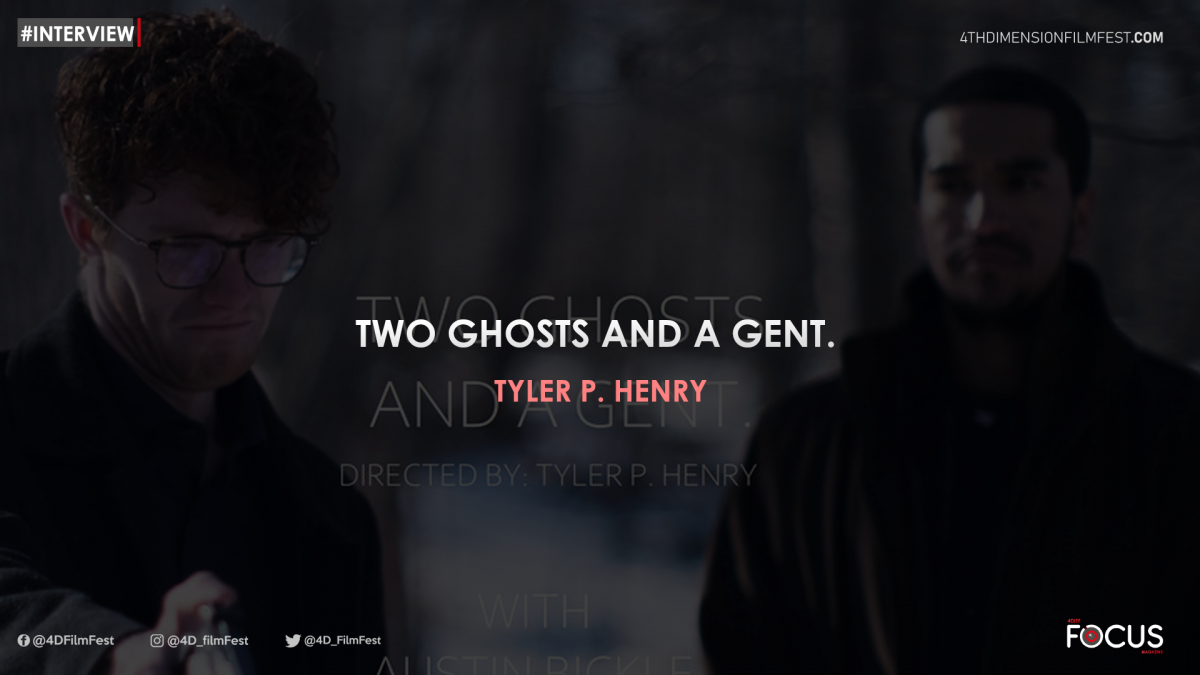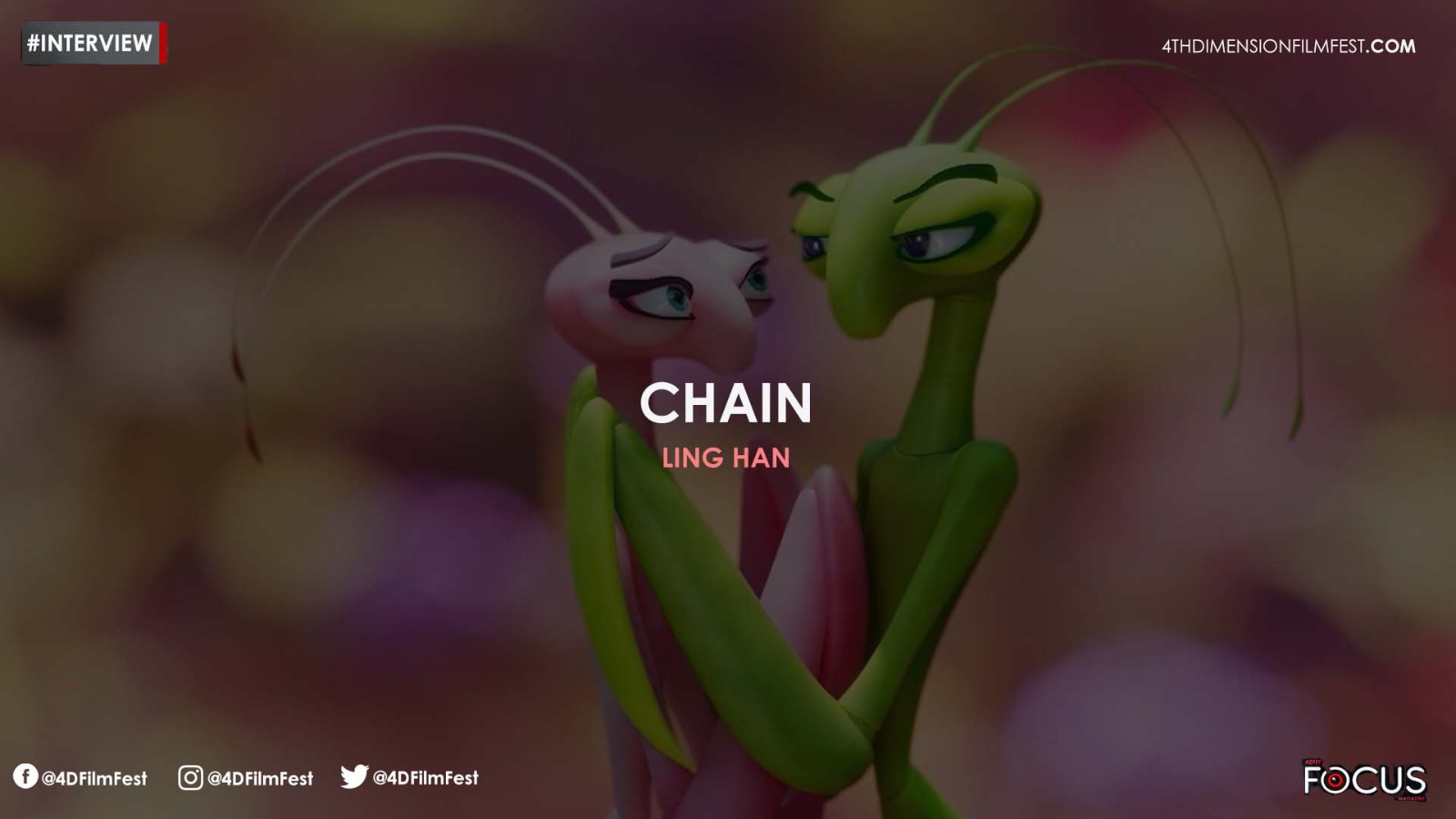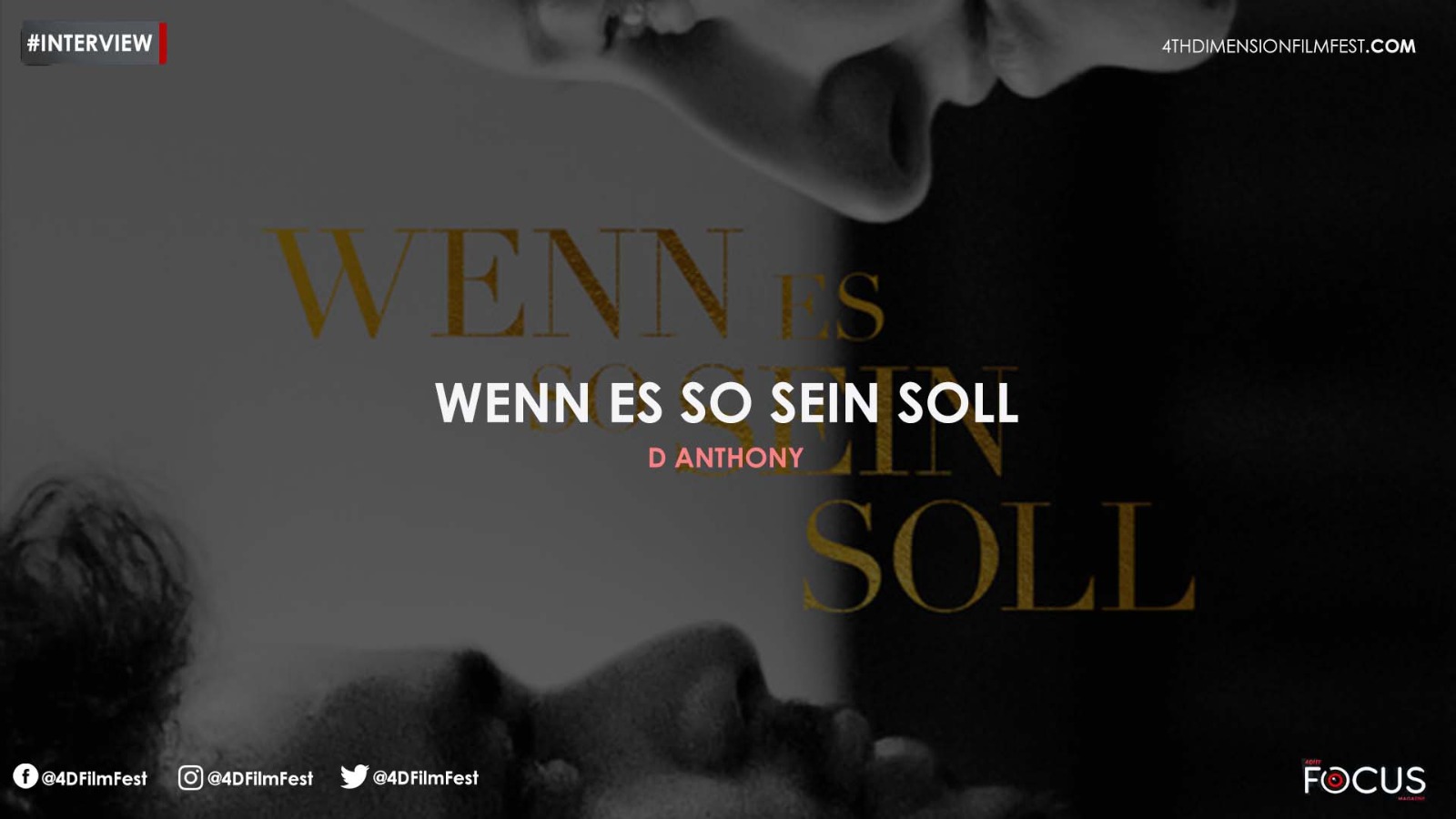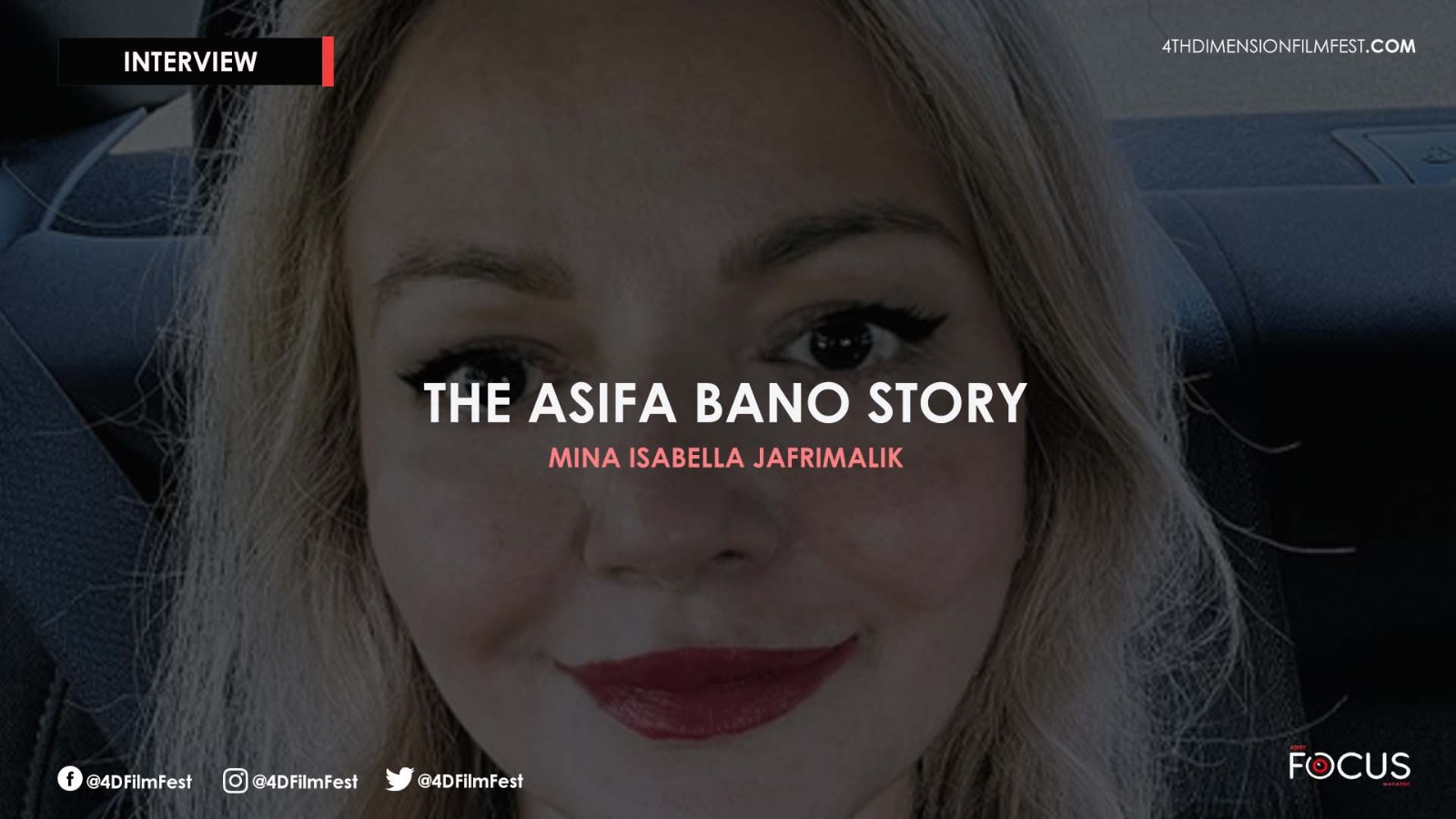First of all, tell us about your love for movies. Do you remember the first movie you watched?
I simply adore cinema. There’s no art medium like it. I can fondly remember being shown a TV censored version of “Goodfellas” at a young age. It definitely made me interested in cinema as a child. Another one would be watching “The Man Who Shot Liberty Valance ” at my great Grandmother’s house. Finally, a big one was “No Country for Old Men.” my parents for whatever reason were upstairs, and because of my love for movies I knew how to use the remote. No Country had just premiered on HBO. I was around eight or nine years old. I was wrapped up in the story. Immensely scared and immensely enthralled.
Who were the directors you admired growing up? What kind of movies intrigued you the most?
As a youngster, my favorites were Martin Scorsese, Akira Kurosawa, and Sergio Leone. Those three are still somewhere on the list.
Can you suggest us a few of your favorite movies? What would be the names in your all time top 5?
I would love to:
The Searchers – Ford
Breaking Point – Curtiz
Fox and his Friends. – Fassbinder
All That Heaven Allows – Sirk
Now, no one holds me to that list, it could change within the day.
As for the film you saw, Lumet, Soderbergh and Anthony and Micheal Mann were the biggest inspirations.
Tell us about the title of your movie. The title sounds quite interesting.
The movie involves two individuals who are incapable of fully embracing the world around them and adapting to the ever changing-exploitive world. They’re ghosts from the very beginning.
How did you come up with the story? Can we call it a tale about Karma?
Well, a lot of people have told me that I only make the same kind of violent pictures. Is that true? Partially, I feel they don’t watch non-violent character dramas. But that got me thinking. Do I use violence as a crutch in films? So I had to set out to make a story filled with violence but you only see the tail end of one scene. I definitely understand how one could see it as a story about Karma. If that’s how someone sees it, they’re in no way wrong. Film is subjective as all art is. But what I was setting out for was a tale about ideological starvation. A metaphor for our current system. A lack of karma that is desperate for some form of a philosophy or an ideology.
Tell us about the significance of the conversation that takes before the final scene. What were your thoughts behind writing the dialogues?
I told everyone right before we started shooting that “you’re all afraid of losing control. “ I had to have the audience stand with Bufford at all costs. He was written as the empathetic one. Using that scene primes our audience for the final scene.
The Gent is completely capable of killing anyone, he thrives in the explotive system.
Aleksander could never fully fit in and is hence an outcast, causing him to look elsewhere for financial gain.
Buff brings our levity. He’s the one who sees how wrong this is to do and how harmful the system is to normal people. Having them all maintain different stances is what makes the final scene work. Aleksander is full of it. He sees death now with definable features and it scares him. Buff crosses over but he won’t survive. And The Gent? He goes home and brushes his teeth. Then climbs into bed. Just another Tuesday to him.
How did you find the balance between levity and seriousness in the conversations?
The actors are responsible for that one. We all worked very close together to manage the world and form of a bond with all three characters.
Tell us about the location as it appears desolate yet beautiful. Does the place indicate the magnificence of death around the splendor of life?
One of my very favorite places to shoot is in the woods. You’re absolutely right. Death is a part of nature but not the way they do it. It’s undoing nature’s work.
There is a scene in the movie where a number of bars appear while the conversation is going on. They look like prison bars. Was it intentionally done? To hint at the event that is going to take place next.
Yes, it was! Thank you for noticing. There’s another scene where we introduce “The Gent” where the shadow railing indicates bars. They’re prisoners to their own system. I in particular took inspiration from Fassbinder’s “Ali Fear Eats the Soul ” where our lead actress is berated for loving a poor African immigrant, he shot the scene tightly through a railing. It’s imposing and imprisoning.
Tell us something about the performances. How important was it for the three of them to ensure that they didn’t lose a certain amount of intensity even for a second?
The actors were just wonderful. A complete joy. I constantly reminded them of what was going to happen, they understood and utilized it. They all understood that they had to or this story would fail if there wasn’t a level of sincerity in every word.
If I could I’d like to thank: 4th Dimension film festival, Jalen Wilson-Nelem, Austin McCoy, Ransom Krolczyk, Antonio Vettraino, Paul Henry, Shania Henderson, Kwabena C. Anim-Addo, Angela Henry, Brittnee Henry, Lacee Lynn Henry and the entire Wilson-Nelem family. None of this was possible without the support team.





